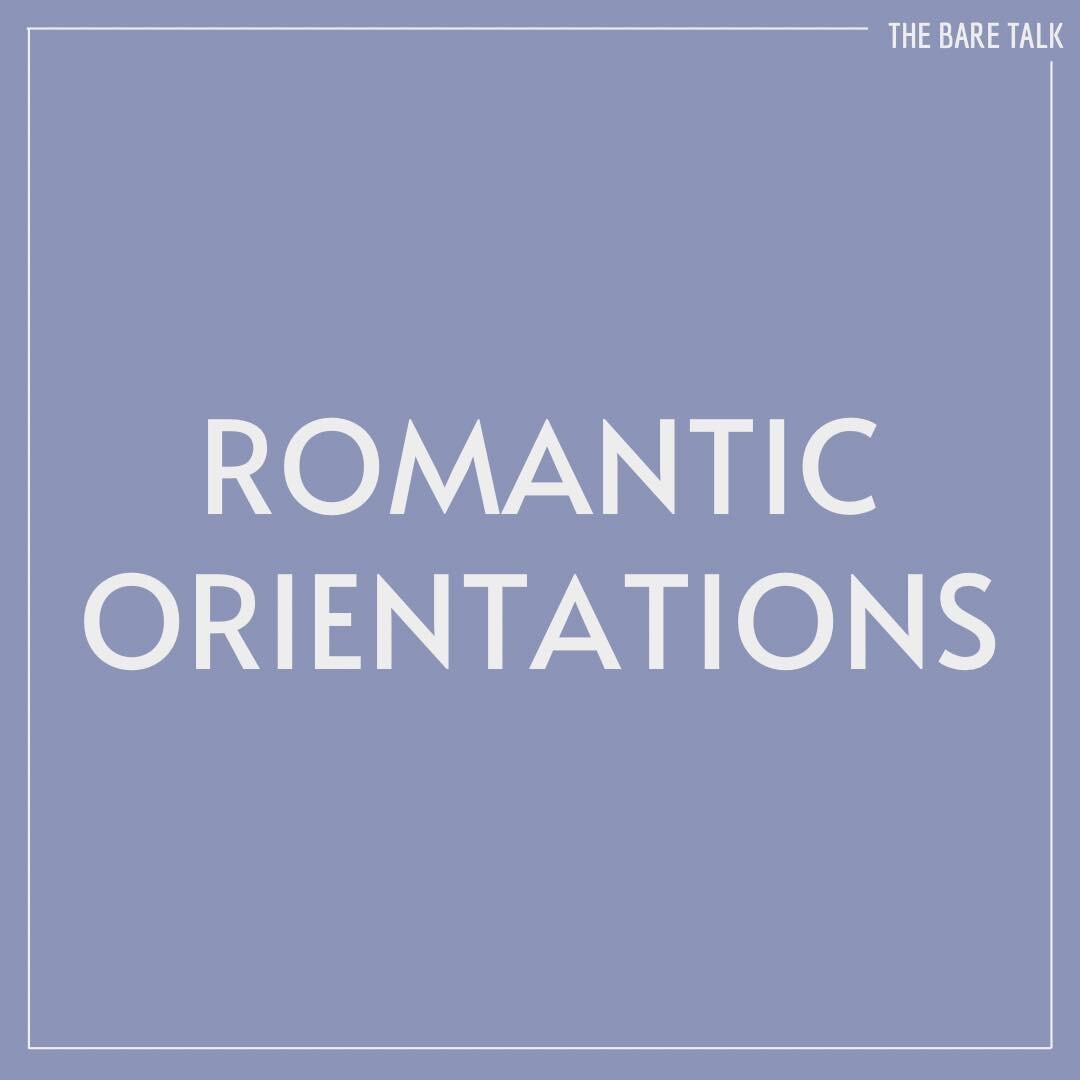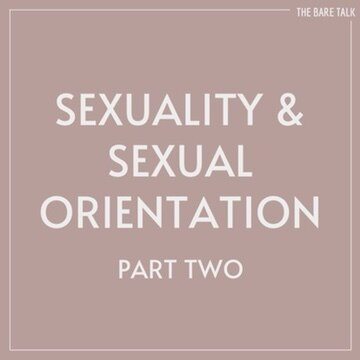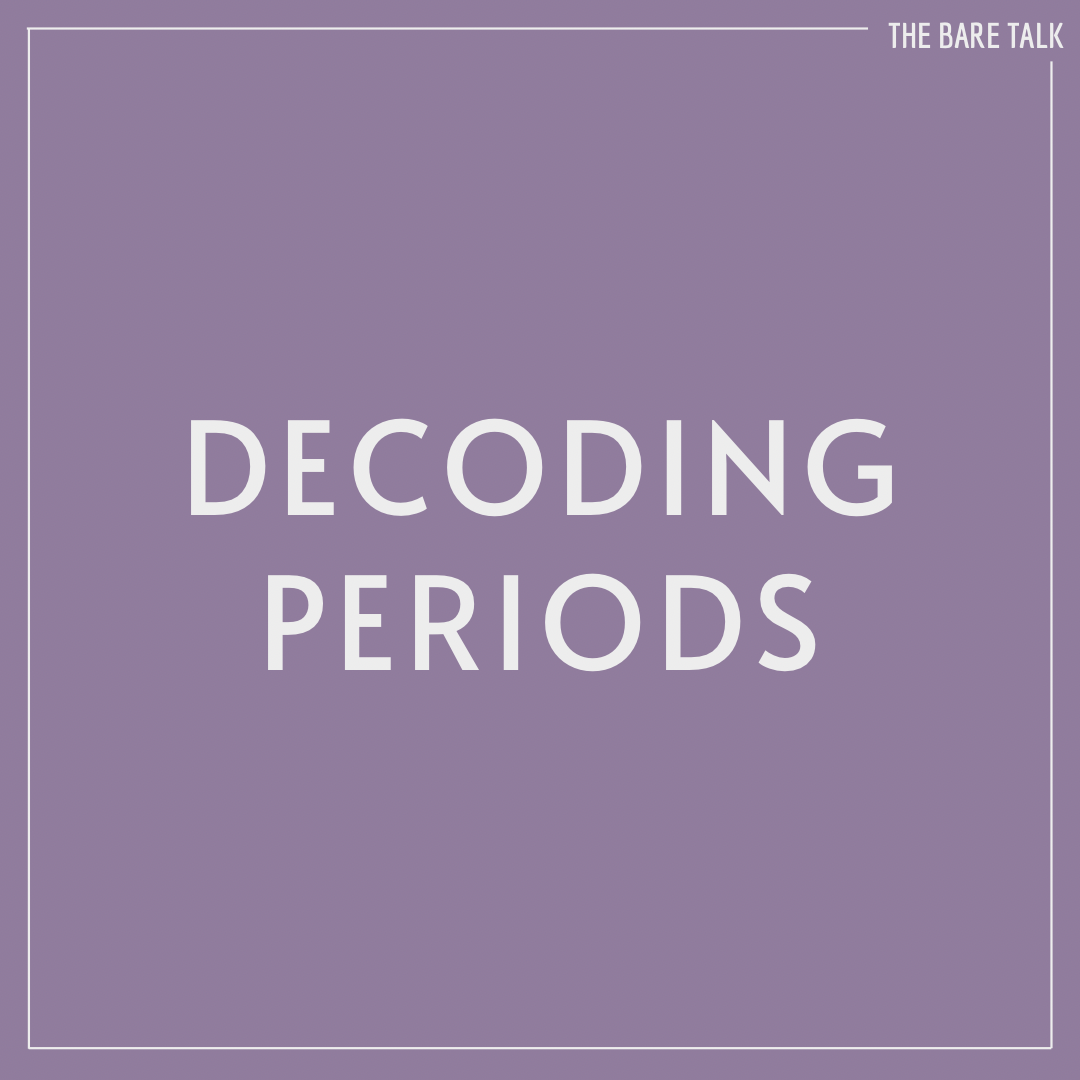Why is it that any term related to sex has to be associated with emotions of shame or disgust, even though most life on earth originates from sex?
Self-pleasure or masturbation is one such taboo word. It is the process of sexually pleasing oneself by touching one’s own genitals. We hardly discuss this topic in public or even among friends… probably because people want it to be private; not realising that there is nothing embarrassing about it.
Humiliation, is not a feeling we should have associated with masturbation, as masturbation provides a safer opportunity to have a better understanding of our body. According to the National Survey of Sexual Health and Behaviour (NSSHB, 2009), “There is nothing wrong with you, if you masturbate, or if you choose not to. Between the ages of 18 and 60, somewhere between 54 to 72 percent of women, depending on age, acknowledge masturbating regularly”.
Yet, this issue has plagued our society for decades. Our ‘developing nation’ has yet to open avenues for educating people & create awareness regarding topics pertaining to masturbation.
Though a lot of Bollywood movies are now starting to depict comparatively more realistic sex and masturbation scenes, providing people an opportunity to discuss them and also get a better understanding of it; a lack of awareness & numerous stereotypes are still a major hindrance in allowing people to accept it as a norm.
Recently released movie ‘Veere Di Wedding’ attempted to shock the country by showcasing homosexuality & masturbation, sadly however, it still failed to digress from mainstream clichés. A particular scene depicting one of the main leads masturbating became a matter of national concern & the actress was also heavily shamed in the media .
To add to the pre-existing stigma, masturbation also comes with its fare share of cultural as well as traditional misconceptions from all over the world, which usually are far from reality. For example, some common ones addressed through TedX (2015) were, ‘women who rely on vibrators will not be able to orgasm with their partner during sex’ and ‘early childhood masturbation is abnormal & implies that the child is hyper-sexual’, etc.
In reality, an orgasm can be an extremely pleasurable experience for everyone. Research shows that, ’women who take the time to self-explore & learn about their bodies through masturbation are more likely to attain orgasm with their partner than those who do not’.
Additionally, orgasms may help in many ways by reducing stress, improving sleep & immune functioning, recovering from headaches, so on and so forth. Women who masturbate during periods may also obtain some relief from their menstrual cramps (TedX, 2015).
Unfortunately, there are still many women who wish to orgasm but struggle because they are ashamed. They are riddled with anxieties & thus, may depend solely on their partners for an orgasm. Hence, making this normal healthy process a cause for discomfort and embarrassment. There are so many avenues one can explore to self-pleasure like our hands or a large variety of sex toys (just make sure everything is clean & hygienic).
So let’s try to give masturbation another chance for being one of the safest methods to explore our body; keeping us away from unplanned pregnancies & sexually transmitted infections.




Good going….
Continue writing and exploring yourself…..